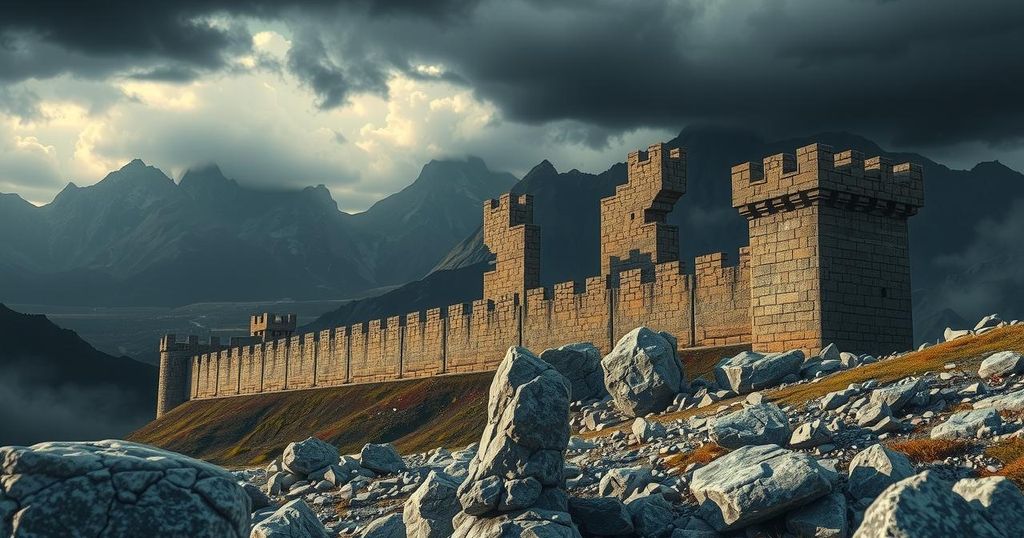M23 rebels and Rwandan forces have resumed offensives in eastern DRC, disregarding a recent ceasefire. This resurgence has led to a reported death toll of over 2,900 in Goma. As regional leaders prepare for critical summits, diplomatic efforts intensify to address the worsening violence amid growing local frustrations for peace.
Recent armed engagements have erupted as the M23 group, reportedly assisted by Rwandan forces, commenced a new offensive in eastern Democratic Republic of Congo (DRC) ahead of a forthcoming summit involving the Congolese and Rwandan presidents. This renewed violence follows the capture of Goma by M23 and Rwandan troops, leading to a significant rise in fatalities, with the UN reporting over 2,900 deaths in the conflict, which far exceeds earlier estimates.
Disregarding a ceasefire they unilaterally announced, M23 and Rwandan forces advanced and took control of a mining town in South Kivu province, advancing toward Bukavu, the provincial capital. Clashes erupted around Nyabibwe, approximately 100 km from Bukavu, and the situation remains volatile as military forces on all sides bolster their presence in anticipation of continued conflict.
The Congolese government condemned this breach of ceasefire, emphasizing that M23’s claim of no intention to control Bukavu was disingenuous. Despite several declared ceasefires and truces over the past three years, hostilities persist as local and military reports confirmed troop reinforcements in the region, highlighting the ongoing humanitarian crisis.
In the aftermath of Goma’s capture, Vivian van de Perre of the UN peacekeeping mission stated that the body count from the city continues to rise, with many dead yet to be recovered. International focus has intensified as the International Criminal Court monitors escalating violence, while local peace initiatives, such as prayer services, reflect the community’s growing frustration with perpetual warfare.
In a crucial diplomatic development, DRC President Félix Tshisekedi and Rwandan President Paul Kagame are scheduled to attend a summit hosted by the East African Community and Southern African Development Community. However, DRC’s foreign minister criticized the international community, stating, “We see a lot of declarations but we don’t see actions.”
As regional nations heighten their defenses amid fears of heightened conflict, reports indicate Rwanda’s ongoing military presence in DRC, seeking to exploit its rich mineral resources. The eastern DRC is significant for its coltan and gold deposits, yet Rwanda denies military support for M23, claiming instead that the DRC provides refuge to a rival armed group responsible for the 1994 Rwandan genocide.
The M23 group, comprised of former rebels, has been involved in ongoing conflicts in the eastern Democratic Republic of Congo for several years. This area is characterized by persistent violence fueled by competition over rich natural resources. Tensions between Rwanda and the DRC have escalated due to accusations of military support and the presence of various armed groups. The international community has been urged to mediate, but local actors express frustration over the ineffectiveness of these efforts. The situation remains dire as humanitarian crises unfold amid military escalations.
The M23’s renewed offensive underscores the fragility of peace in eastern DRC, marked by a blatant disregard for ceasefire initiatives. Humanitarian impacts are severe, as evidenced by rising casualties from the fighting in Goma. Regional diplomatic efforts aim to address the crisis, yet mistrust between nations complicates the path to resolution. The situation highlights the geopolitical complexities of resource management and security in the region.
Original Source: www.theguardian.com






